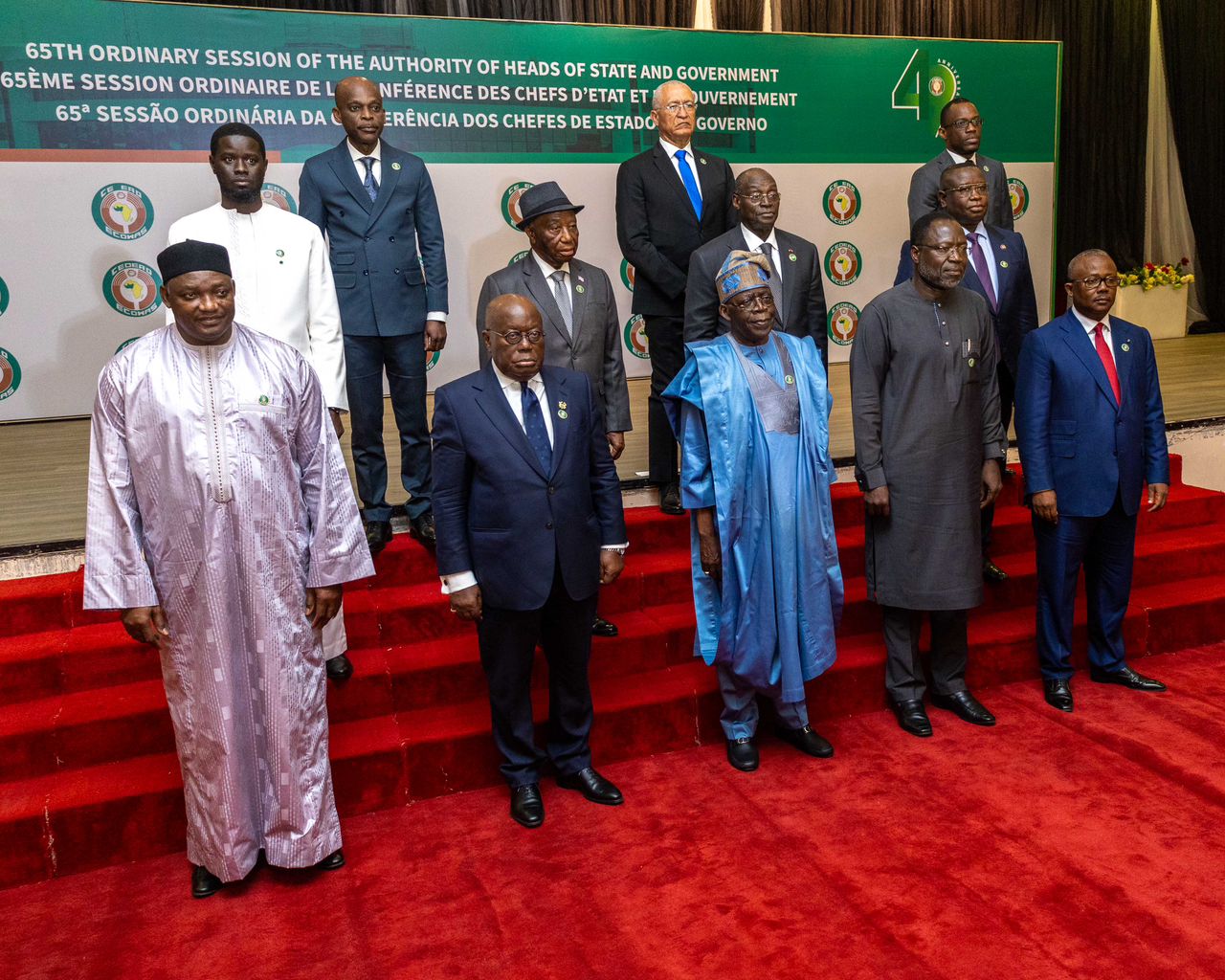
As Nigerian President Bola Ahmed Tinubu prepares to step down from the chairmanship of the Economic Community of West African States (ECOWAS), the regional bloc finds itself navigating a pivotal juncture.
With Mali, Burkina Faso, and Niger having withdrawn to form the Alliance of Sahel States (AES), ECOWAS faces a leadership transition at a moment of strained cohesion and shifting geopolitical alliances.
At the center of this unfolding narrative is Senegal’s President Bassirou Diomaye Faye, a rising contender for the bloc’s top position. At 45, Faye is the youngest democratically elected head of state in the region and is seen by some as a symbol of generational change.
His willingness to engage with the AES bloc—once ECOWAS members and now its estranged neighbors—has positioned him as a candidate for reconciliation.
Faye’s rhetoric has focused on reintegration, suggesting that “AES countries could remain militarily aligned while returning to ECOWAS.”
His stance, however, has drawn both admiration and skepticism. While he offers a vision of diplomatic renewal, critics point to his limited political experience and assertive posture toward France as potential sources of instability.
“Such traits could complicate relations with certain traditional partners in the region,” said Nigerian political analyst David Aworawo.
Faye’s bid follows Tinubu’s turbulent term, marked by bold declarations and a hardline approach to the Niger coup in 2023. His sanctions and military threats, though praised by some Western allies, failed to reverse the coup and widened the divide with the AES.
With Guinea also suspended, ECOWAS’s influence appears increasingly challenged.
Supporters argue that Faye’s credibility with both camps makes him an ideal candidate to rebuild trust.
ULF Laessing of the Konrad Adenauer Foundation has advocated for a shift in ECOWAS strategy, calling on the bloc to “expand cooperation with AES and accept the status quo.”
Faye’s pragmatic diplomacy contrasts sharply with Tinubu’s confrontational tone.
Whether this approach is seen as a pathway to sustainable peace or a concession to secessionist tendencies remains to be seen.
Other contenders include Benin’s President Patrice Talon, viewed as a stable technocrat, and Togo’s Faure Gnassingbé, who enjoys strategic ties with AES states but faces criticism for constitutional changes that extend his presidential mandate.
Ghana’s former President John Dramani Mahama is also a possible candidate, offering seasoned leadership and experience, though his return to the ECOWAS fold raises questions about the bloc’s direction—reform or continuity.
As the succession process unfolds, the next ECOWAS leader will be tasked not just with restoring credibility but redefining the organization’s mission in a West Africa that is increasingly complex, multipolar, and fragmented.
Diomaye Faye’s candidacy represents more than a generational shift—it signals a potential recalibration of ECOWAS itself. Whether his vision can translate into tangible unity will shape the region’s future for years to come.



